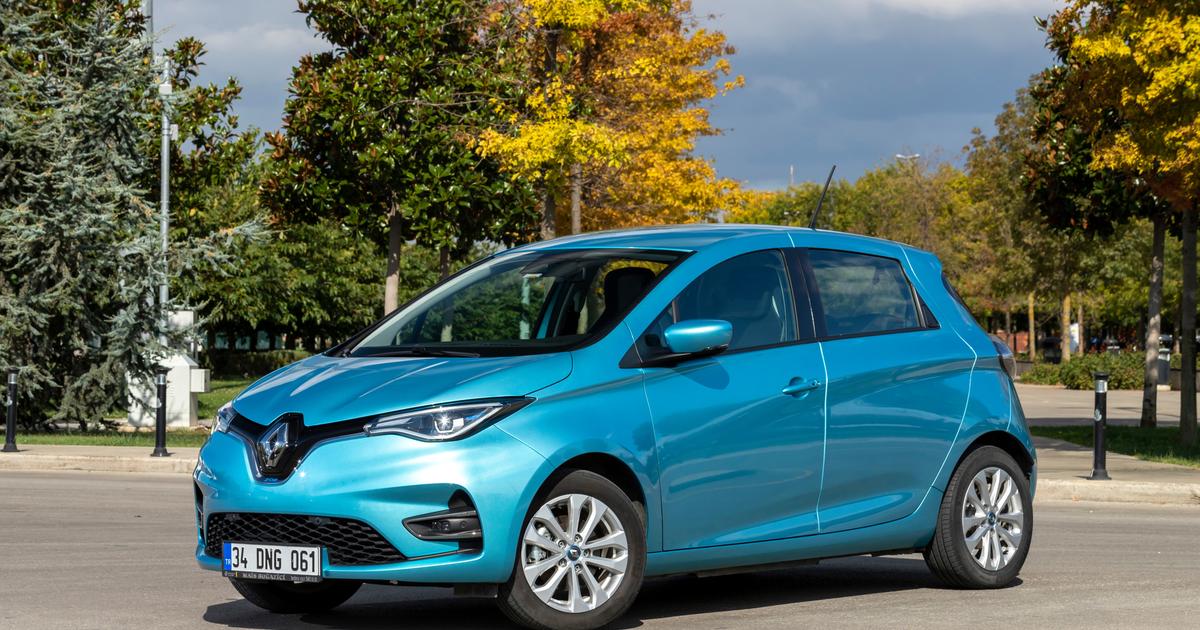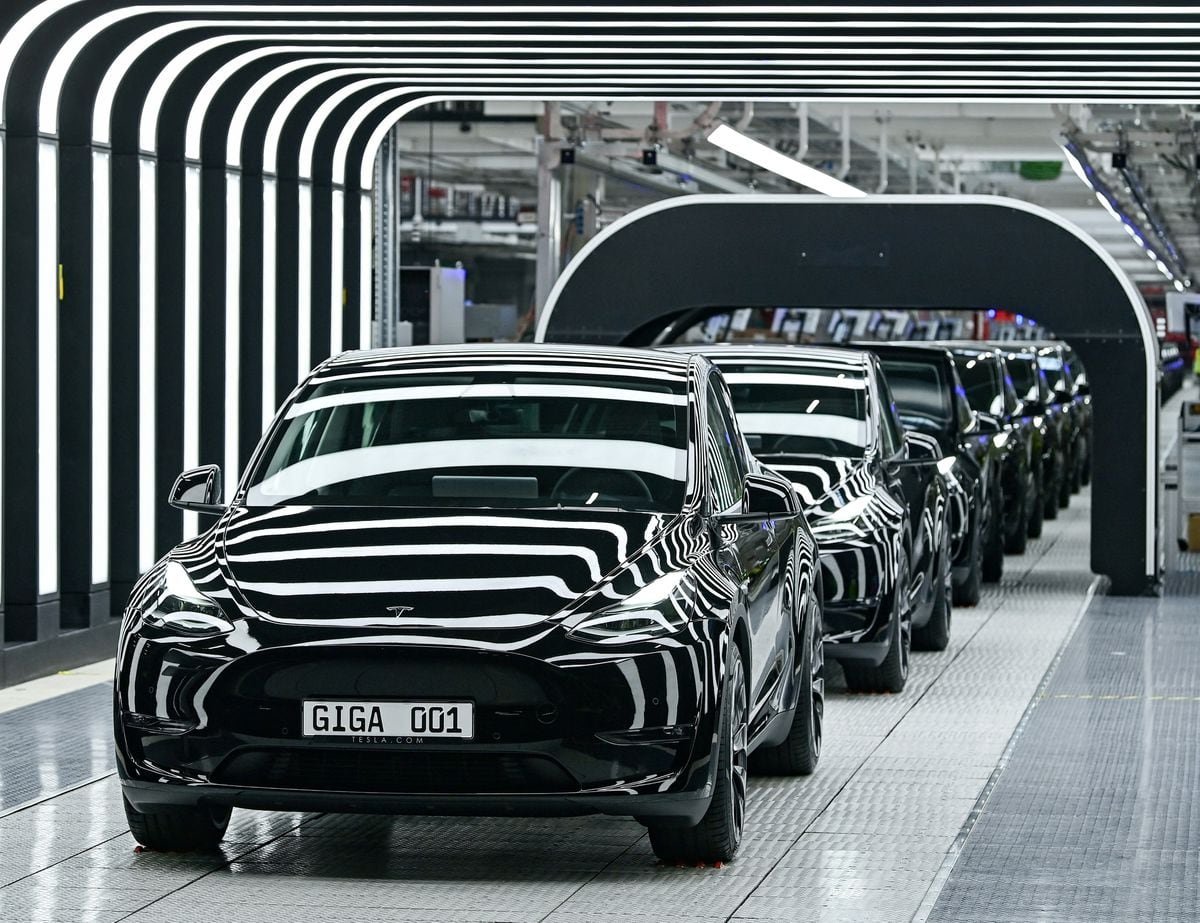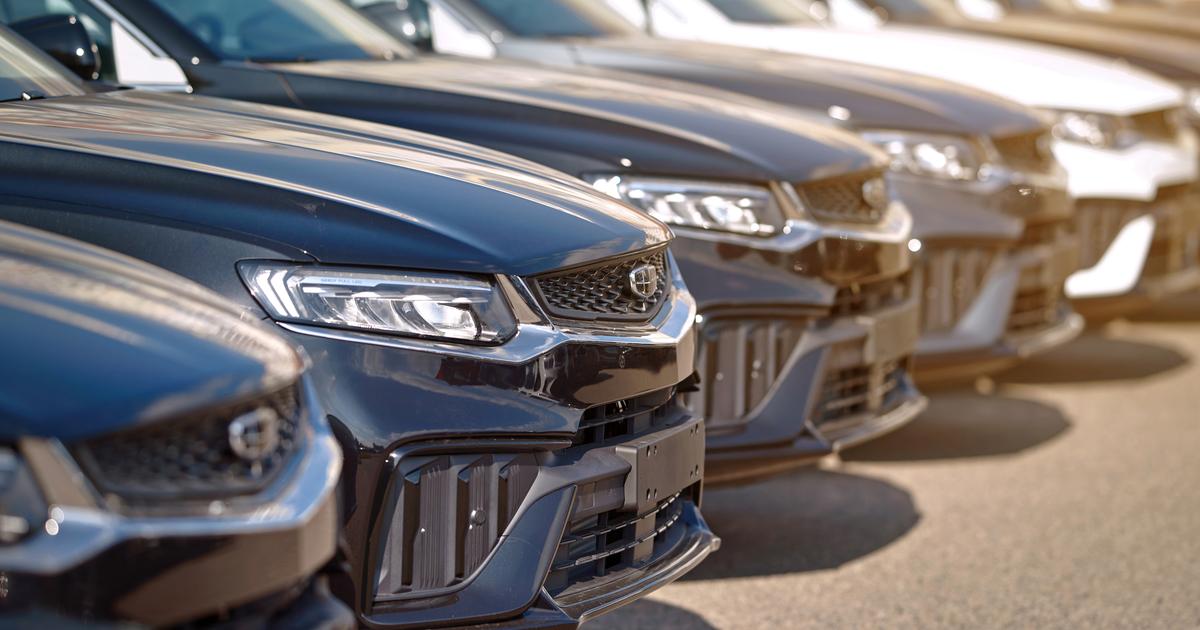The Government of President Joe Biden has proposed a plan that aims to revolutionize the automotive sector and give the definitive boost to the electric car in the United States.
The Environmental Protection Agency (EPA) has proposed a strict regulation of polluting emissions from cars with which it intends to boost sales of electric cars, among other things, as announced in a release.
The goal is for up to two thirds of new cars sold to be electric in 2032, compared to 5.8% last year.
In parallel, Biden is promoting investments in battery plants and cars powered by them through public aid.
The plan has yet to be definitively approved and the ups and downs of the United States in the fight against climate change have been frequent.
Former President Donald Trump, who hopes to return to the White House, mocks the electric car at his rallies and other Republicans, including the governors of Florida and Texas, defend the fossil fuel industry and ridicule or punish companies that They operate with sustainability criteria.
That political polarization casts doubt on the credibility of America's climate commitment.
The Supreme Court also questioned the authority of government agencies to impose environmental regulations without express authorization from Congress, where Republicans control the House of Representatives and Biden would have a very difficult time pushing through environmental laws.
The president, yes, has shown himself willing to veto any law that implies a setback in the matter.
The Biden government has now taken a step forward with its new proposal, for now submitted to a public hearing.
“The proposed rules are expected to accelerate the transition to electric vehicles,” the EPA said in a statement.
The proposed pollution limits do not require that a specific number of electric vehicles be sold per year, but that greenhouse gas emissions be limited in a very demanding way, forcing companies to embrace electrification.
Depending on the compliance pathways manufacturers choose to meet the new standards, the agency forecasts that electric vehicles could account for 67% of new light vehicle sales and 46% of new medium vehicle sales in the reporting year. reference 2032.
EPA expects the proposed light-duty vehicle standards for 2032 to result in a 56% reduction in target levels for fleet average greenhouse gas emissions compared to existing standards for 2026. The proposed light-duty vehicle standards average load would result in a reduction of 44%.
At the same time, the EPA wants half of the new buses and a quarter of the heavy trucks to also be electric.
“By proposing the most ambitious pollution standards ever applied to cars and trucks, we are fulfilling the Biden-Harris Administration's promise to protect people and the planet, ensuring critical reductions in dangerous air and climate pollution and securing significant economic benefits. , such as lower fuel and maintenance costs for families, ”said Michael S. Regan, administrator of the EPA, through a statement.
“These ambitious standards are easily achievable thanks to President Biden's Invest in America agenda, which is already driving historic progress to build more American-made electric cars,” he added.
Industry skepticism
If finalized next year, as expected, the plan would represent the biggest push yet toward a previously almost unthinkable shift from gasoline-powered cars and trucks to battery-powered vehicles.
John Bozzella, CEO of the Alliance for Automotive Innovation, an association that brings together the big manufacturers,
He maintains that "the emissions plan proposed by the EPA is aggressive no matter how you look at it."
"By this I mean that it sets very high targets for the electrification of the automobile in the coming years," he added.
Bozzella says America's transition to a low-carbon, electric transportation future is well advanced.
“EV and battery manufacturing is accelerating across the country as automakers have self-financed billions to scale up vehicle electrification,” she said in a statement reacting to the new proposal.
But the industry is surprised that the new proposals are not very consistent with the announcement less than two years ago, in August 2021, of a 50% electrification target by 2030 that was supported by the auto industry.
In fact, according to sources quoted by the
New York Times,
the EPA has had to cancel its plans to present the proposal in Detroit, capital of the sector, along with executives from the large manufacturers because the companies have refused to do so upon learning of the content of the regulatory proposal.
The industry points out that there are 91 electric car models on the market, of all segments and prices.
Electric vehicles accounted for 10% of new vehicle sales in December, according to the sector, but in the first quarter of this year they have been just over 7%.
The EPA, for its part, claims that since Biden took office, sales of electric vehicles have tripled, while the number of models available has doubled.
There are more than 130,000 public chargers across the country, up 40% from 2020. The private sector has also committed more than $120 billion in domestic investment in electric vehicles and batteries since the Inflation Reduction Act was passed. .
Transportation is the largest source of carbon emissions in the United States, accounting for about 27% of greenhouse gas emissions in 2020, according to the EPA.
Electric power generates the second largest share of greenhouse gas emissions, at 25%, so the transition to electric cars should be accompanied by a boom in renewables in power generation.
You can follow CLIMATE AND ENVIRONMENT on
and
, or sign up here to receive
our weekly newsletter









